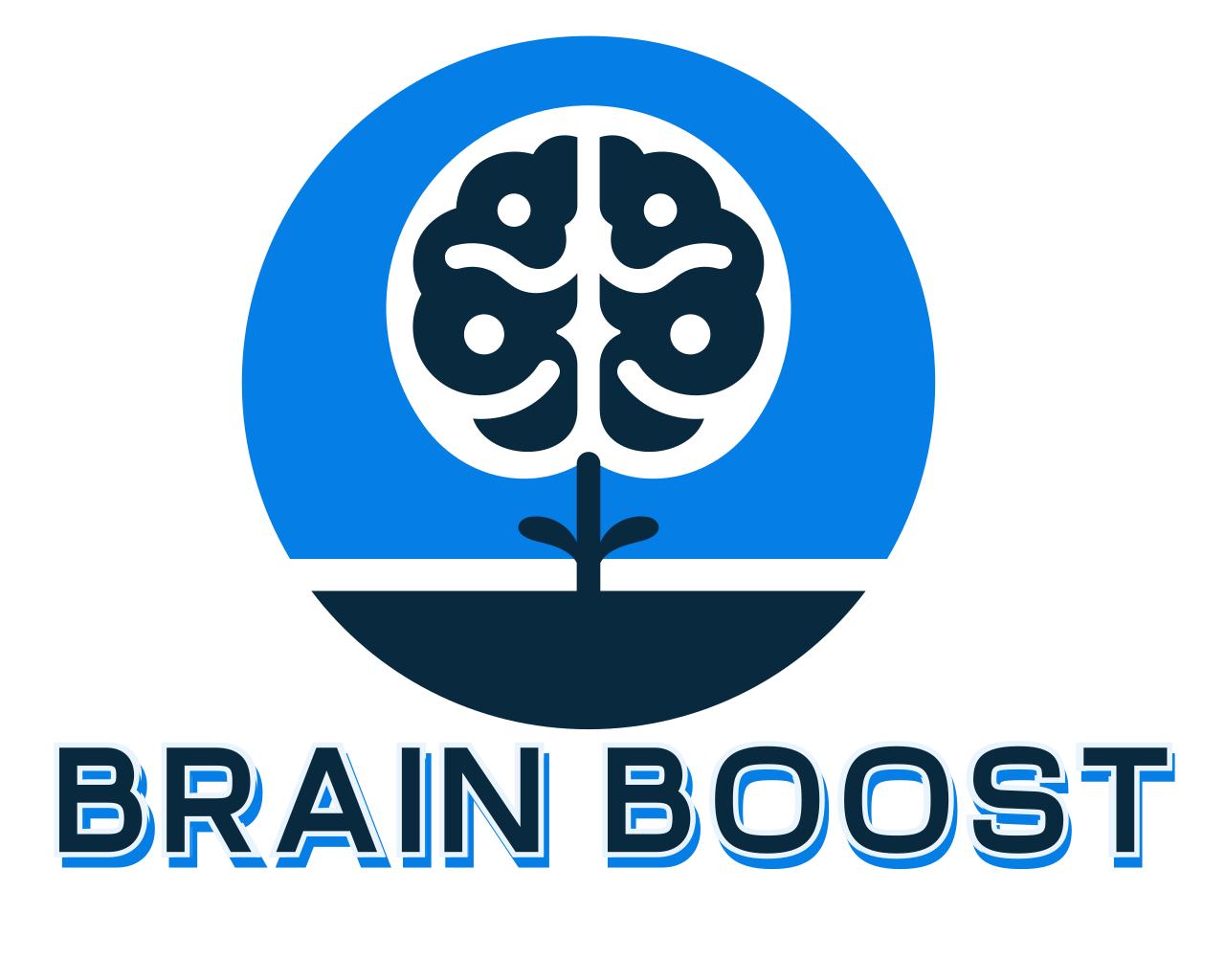Treating ADHD Without Medication
At Brain Boost, we offer innovative and effective methods to manage ADHD without the use of medication. Our neurofeedback therapy is a non-invasive approach that helps train the brain to improve focus, reduce impulsivity, and enhance emotional regulation. This therapy is tailored to each individual’s needs, ensuring personalized care and optimal results. This is a powerful alternative for those who suffer from the side effects of ADHD medication.
Are you seeking an effective ADHD treatment without medication? Discover how neurofeedback offers a promising solution for managing ADHD symptoms naturally.
Understanding ADHD and the Need for Alternative Treatments
Attention Deficit Hyperactivity Disorder (ADHD) affects millions worldwide, impacting focus, impulse control, and daily functioning. While medication is a common treatment, many individuals and parents are exploring non-pharmaceutical options. Neurofeedback emerges as a leading alternative, offering a drug-free approach to managing ADHD symptoms.
What is Neurofeedback?
Neurofeedback is a type of biofeedback that focuses on brain activity. It’s a non-invasive technique that helps individuals learn to regulate their brainwave patterns, potentially improving attention, reducing impulsivity, and enhancing overall cognitive function [1].
How Neurofeedback Works for ADHD
- Brain Mapping: A Quantitative Electroencephalogram (QEEG) creates a map of your brain activity.
- Identifying Dysregulation: The QEEG reveals specific brainwave patterns associated with ADHD symptoms.
- Targeted Training: Customized neurofeedback sessions aim to normalize these brainwave patterns.
- Real-time Feedback: Patients receive immediate feedback, helping them learn to self-regulate their brain activity.
A meta-analysis of randomized controlled trials found that neurofeedback significantly improved inattention and impulsivity in individuals with ADHD [2].
Types of ADHD and Neurofeedback
Neurofeedback can be particularly effective because it addresses different ADHD subtypes:
Under-Arousal ADHD (Inattentive Type)
- Symptoms: Daydreaming, sluggishness, mental fog
- Brain Activity: Excess theta waves in the frontal brain
- Neurofeedback Approach: Reduce theta waves, increase beta waves for better focus
Over-Arousal ADHD (Hyperactive-Impulsive Type)
- Symptoms: Racing thoughts, difficulty prioritizing, sensory sensitivity
- Brain Activity: Excess beta waves
- Neurofeedback Approach: Reduce beta waves, increase alpha waves for better emotional regulation
Research has shown that neurofeedback can effectively address symptoms in both inattentive and combined ADHD subtypes [3].
Benefits of Neurofeedback for ADHD
- Drug-Free Treatment: Avoid potential side effects associated with ADHD medications
- Long-Term Results: Many patients report lasting improvements beyond the treatment period [4]
- Personalized Approach: Tailored to individual brain patterns and specific ADHD symptoms
- Improved Self-Regulation: Patients learn to control their brain activity, a skill that extends beyond sessions
- Enhanced Overall Cognitive Function: May improve memory, processing speed, and executive functions [5]
A long-term follow-up study found that the effects of neurofeedback on ADHD symptoms were maintained 6 months after treatment completion [6].
Is Neurofeedback Right for You?
Consider neurofeedback if:
- You’re seeking a non-medication approach to ADHD treatment
- Traditional treatments haven’t provided satisfactory results
- You’re interested in addressing the root cause of ADHD symptoms
- You want a treatment with potential long-term benefits
Getting Started with Neurofeedback
- Consultation: Meet with a qualified neurofeedback practitioner
- QEEG Assessment: Undergo brain mapping to identify specific areas of dysregulation
- Customized Treatment Plan: Develop a personalized neurofeedback protocol
- Regular Sessions: Attend neurofeedback training sessions, typically 2-3 times per week
- Progress Monitoring: Track symptom improvements and adjust treatment as needed
Conclusion
Neurofeedback offers a promising, scientifically-backed alternative for managing ADHD symptoms without medication. By addressing the underlying brainwave patterns associated with ADHD, this innovative treatment empowers individuals to take control of their cognitive function and improve their quality of life.
Ready to explore neurofeedback for ADHD? Consult with a qualified practitioner to learn how this natural treatment can help you or your loved one achieve better focus, improved behavior, and enhanced overall well-being.
References
[1] Enriquez-Geppert, S., Smit, D., Pimenta, M. G., & Arns, M. (2019). Neurofeedback as a Treatment Intervention in ADHD: Current Evidence and Practice. Current Psychiatry Reports, 21(6), 46.
[2] Van Doren, J., Arns, M., Heinrich, H., Vollebregt, M. A., Strehl, U., & K. Loo, S. (2019). Sustained effects of neurofeedback in ADHD: a systematic review and meta-analysis. European Child & Adolescent Psychiatry, 28(3), 293-305.
[3] Bluschke, A., Broschwitz, F., Kohl, S., Roessner, V., & Beste, C. (2016). The neuronal mechanisms underlying improvement of impulsivity in ADHD by theta/beta neurofeedback. Scientific Reports, 6, 31178.
[4] Strehl, U., Aggensteiner, P., Wachtlin, D., Brandeis, D., Albrecht, B., Arana, M., … & Holtmann, M. (2017). Neurofeedback of Slow Cortical Potentials in Children with Attention-Deficit/Hyperactivity Disorder: A Multicenter Randomized Trial Controlling for Unspecific Effects. Frontiers in Human Neuroscience, 11, 135.
[5] Gevensleben, H., Holl, B., Albrecht, B., Vogel, C., Schlamp, D., Kratz, O., … & Heinrich, H. (2009). Is neurofeedback an efficacious treatment for ADHD? A randomised controlled clinical trial. Journal of Child Psychology and Psychiatry, 50(7), 780-789.
[6] Gevensleben, H., Holl, B., Albrecht, B., Schlamp, D., Kratz, O., Studer, P., … & Heinrich, H. (2010). Neurofeedback training in children with ADHD: 6-month follow-up of a randomised controlled trial. European Child & Adolescent Psychiatry, 19(9), 715-724.
